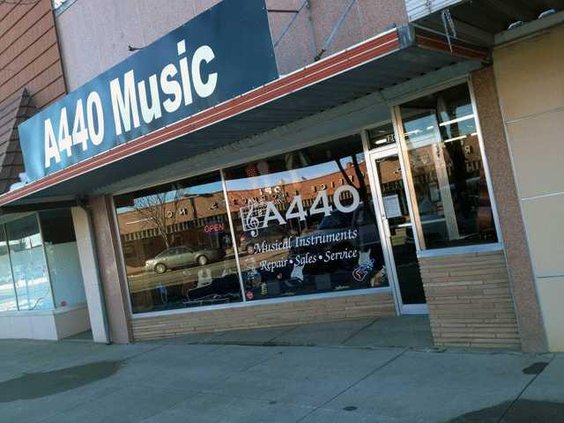Editors note: It’s no secret that the biggest driver of the rural economy is small business. In fact, small businesses and entrepreneurs are the vehicles that bring diversity and quality of life to rural communities all over Barton County and surrounding counties. One important resource, the Prairie Enterprise Project, has helped to pave the way for several small businesses for the past decade. Due to the elimination of tax credit sales by the State of Kansas, a major source of funding for this program has disappeared. This is the second of two stories detailing the impact the program has had on the surrounding area. Sunday’s story detailed how the program works. Today’s story takes a look at what the PEP has achieved, and what it needs for the future.
In the 10 years since the Prairie Enterprise Project was created, Enterprise Facilitator Karmi Green has worked with 592 clients. That may not sound like a lot, until you take into consideration, of all the towns served by the project, Great Bend and Russell are the largest. Barton County accounts for 58 percent of the total number of clients served. Retail and service businesses are the largest industry representations, followed in the distance by hospitality, manufacturing and agricultural businesses. There have been 116 new businesses started, 19 expanded and four retained among the project’s clients. In all, 358 jobs have been created, and 31 have been retained for a total of 389 jobs that may not have existed without help from the Prairie Enterprise Project.
While many businesses have been started, of equal importance are the ones that were shelved because the would be owners learned they would not be viable thanks to the guidance and networking available at the Prairie Enterprise Project. In the past 10 years, 57 people have put their business ideas on hold, and 311 clients ultimately decided not to move forward with an idea.
“People have dreams, and I’m not here to crush them,” Green said. “I’m here to help them, and if someone can make a living doing something they love to do, I’m all for it.”
In an average month, Green said she takes on one or two new clients, but in December, five new clients from Barton County have approached her for assistance in getting a business started. This is in part because they have not been able to find a job after an extended period of unemployment. She cites long periods of unemployment as a prime motivator for self job creation. This is what keeps volunteer board members energized to keep working on a way to keep the project alive.
“This is the time it is most crucial,” six-year board member Vicky Dayton said. “In a downward economy the need for employment triggers innovations. We desperately need to retain this sort of organization. Where else are people going to go where for free, they can get the connections and help they need to get these ideas off the ground?” Few people are equipped to do it by themselves, and may find it too difficult to get started, or may not make it when they deserve to without the help available from the Prairie Enterprise Project, she added. “The community as a whole could end up the big loser if it goes away.”
Unemployment data from the Federal Reserve Economic Data (FRED) indicates unemployment has dropped to a low of 3.6 percent in Barton County from 5 percent nearly a year ago. It hit its peak at 6.8 percent in the second half of 2009 after the official US recession. But that doesn’t mean people are finally finding work again. For many, they’ve simply become old enough to finally be able to access Social Security and retirement savings without penalties. Others have taken hits to their earning power, work more than one part-time job and remain without benefits, and still others have moved away to find work elsewhere, Green said.
The Labor Department reports nationwide, while 149,000 jobs were created in November, while 355,000 people dropped out of the labor force. It estimates 150,000 jobs need to be created monthly simply to keep up with population growth throughout the country.
Volunteer board members needed
In addition to a need for new funding, PEP needs an injection of new ideas and passion that can only come from fresh board members., Green said.
The board has ranged in size from a high of 15 to its present five members. Like most new boards, early on there was a great deal of enthusiasm for the project,. But now the newness has worn off, and several board members have left due to retirement, moving, and life changes, Dayton said.
“We need a shot in the arm,” she said.
Board members do not need to have any specific credentials. They don’t need to be business owners either. The board meet monthly on the second Thursday at 4 p.m. at the Prairie Enterprise office in the Zarah mall located on the corner of Lakin Ave. and Main St., south of the Jack Kilby Square. Those interested should contact Karmi Green, Enterprise Facilitator 1320 Cleveland Street, Great Bend, Kansas 67530, (620)-617-1555, E-mail: pep1@ruraltel.net
Prairie Enterprise Project faces most crucial time





